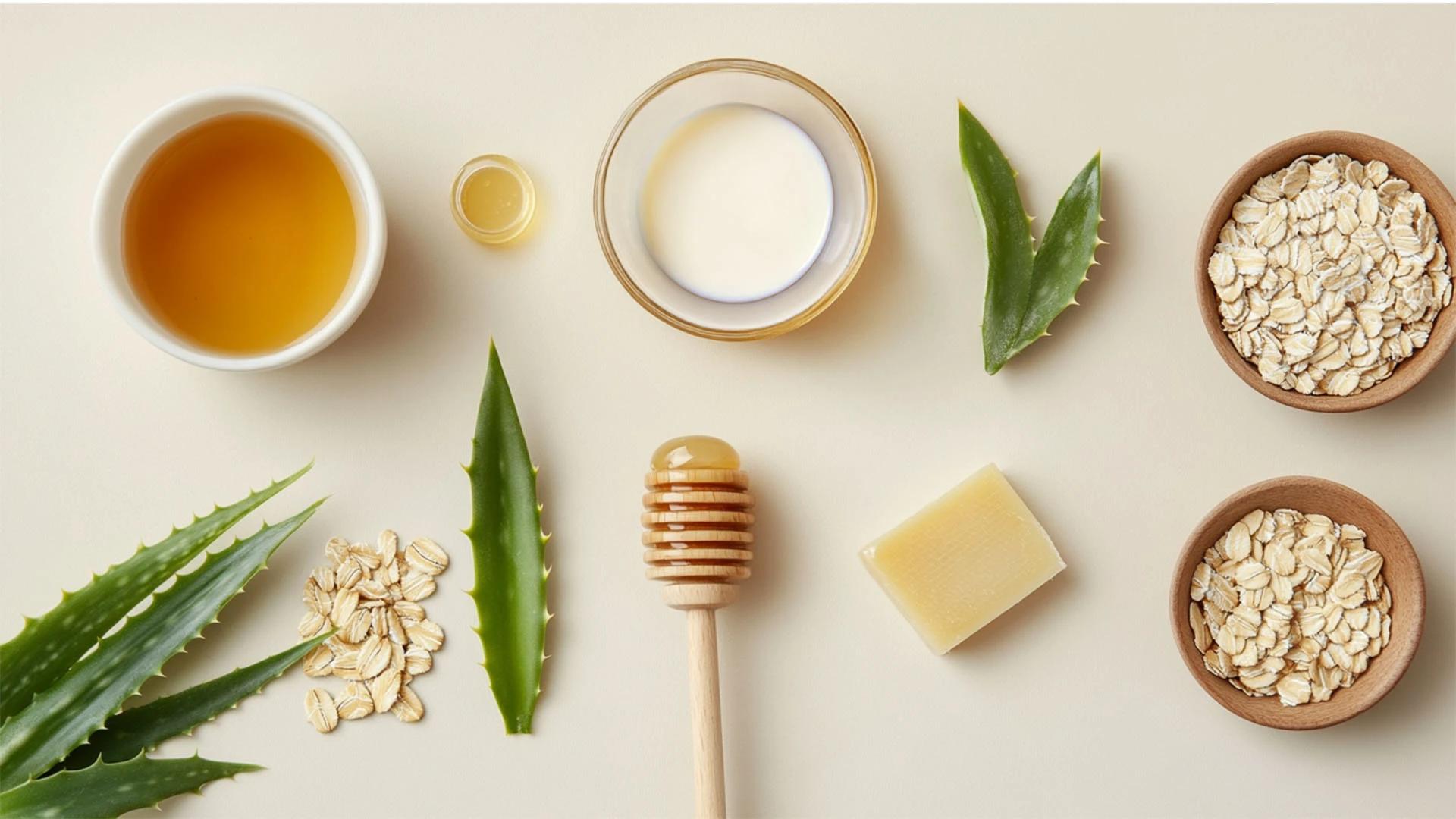A few drops of lightweight oil can tame frizz and add shine without looking greasy. Focus on mid-lengths to ends, avoiding the roots during the day.
This technique works brilliantly for refreshing second-day hair or preparing for styling.
Complementary Hair Care Practices
Hair thickening treatments work best when combined with overall healthy habits. Your hair reflects your inner health, so supporting it from multiple angles gives better results.
Consistency in your routine matters more than expensive products. Simple, regular care often outperforms sporadic intensive treatments.
Diet and Nutrition for Hair Health
What you eat directly affects hair growth. Protein, iron, and vitamins A, C, and E are particularly important. Include eggs, leafy greens, nuts, and fish in your diet.
Consider supplements if your diet lacks variety, but whole foods are always preferable to pills when possible.
Scalp Care Routine
Gentle scalp massages boost circulation and help oils penetrate better. Use your fingertips, not nails, and work in slow circles.
Exfoliate your scalp weekly with a gentle scrub to remove product buildup that might block follicles.
Common Mistakes to Avoid
More oil doesn't equal better results. Over-oiling can clog pores and make hair look greasy. Start with small amounts and build up gradually.
Using the wrong oil for your hair type is another common pitfall. Heavy oils on fine hair can weigh it down, whilst light oils on very dry hair might not provide enough moisture.
Inconsistent application won't give you the results you're hoping for. Hair growth is a slow process that requires patience and regular care.
Tracking Your Hair Growth Progress
Set realistic expectations—healthy hair grows about half an inch per month. Visible improvements in thickness and strength often appear before length changes.
Take progress photos monthly, focusing on the same areas. Keep notes about which oils you're using and any changes you notice.
A hair care journal helps you identify what works and what doesn't. Note application frequency, oil combinations, and how your hair responds.
Frequently Asked Questions


 100 ml
100 ml 200 ml
200 ml 100 ml
100 ml 100 gm
100 gm